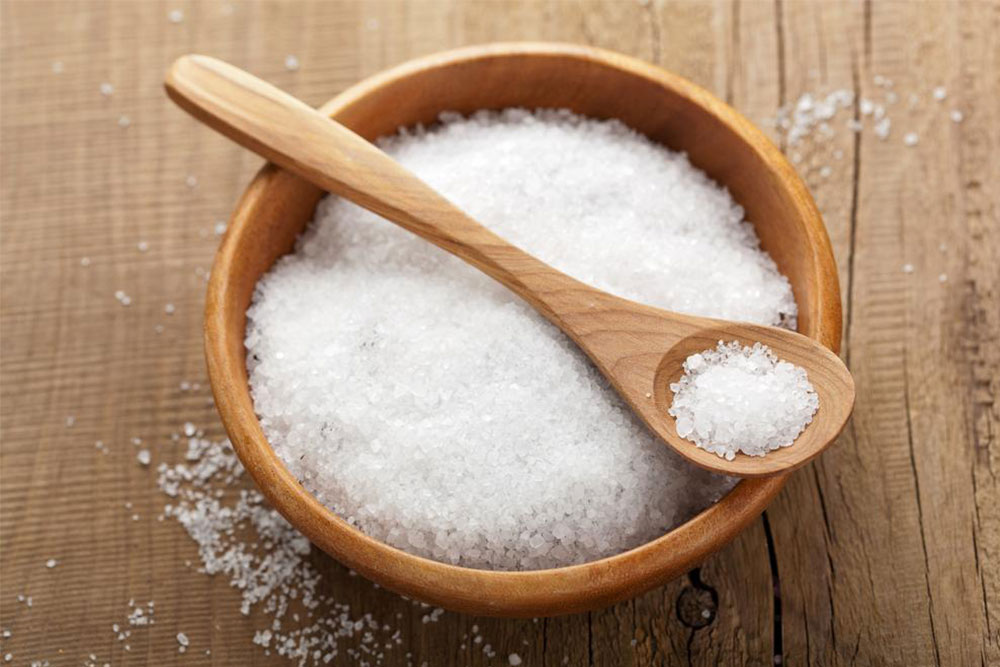Diet Tips: 5 Foods to Limit for Managing Bipolar Disorder
This article highlights five key foods to limit for effective management of bipolar disorder. It explains how caffeine, alcohol, sugar, salt, and unhealthy fats can trigger mood episodes or interfere with medication effectiveness. Adopting a healthier diet can enhance well-being and support mood stability, complementing medical treatments. Always consult healthcare professionals for personalized advice. Proper dietary choices are vital for both mental health and overall physical wellness in bipolar disorder management.

Managing Bipolar Disorder: 5 Foods to Limit
Unhealthy eating habits can contribute to various health issues, including an increased risk of triggering bipolar mood episodes. Emerging research indicates that diet influences mental health, though no specific diet cures bipolar disorder. However, choosing certain foods wisely can help control episodes. Here are five foods to be cautious about:
Caffeine
Caffeine is a stimulant that can provoke manic episodes and interfere with sleep. Lack of sleep is a well-known trigger for bipolar swings. The National Sleep Foundation recommends reducing caffeine intake near bedtime, as it can heighten anxiety and irritability. Some medications containing pseudoephedrine also mimic caffeine's stimulant effects, increasing the risk of mood instability.
Alcohol
Alcohol consumption can worsen bipolar symptoms and interfere with medication effectiveness, notably lithium. The NIH Clinical Center reports that alcohol can negatively impact mood stability and may lead to early mortality in bipolar individuals. A 2015 Lancet Psychiatry study found that substance use, including alcohol, increases health risks for those with bipolar disorder.
Sugar
High sugar intake is a significant trigger for mood episodes. Overconsumption can complicate weight management and reduce the effectiveness of bipolar treatments. Satisfy sweet cravings with fruits instead of processed sweets to support overall health.
Salt
Those taking lithium need to monitor salt intake carefully, as fluctuations can affect medication levels. The American Heart Association recommends limiting daily salt to about 1,400 mg. Proper hydration is also essential, especially when on lithium, as dehydration may cause adverse effects.
Unhealthy fats
The American Heart Association advises reducing trans and saturated fats by choosing low-fat dairy and lean meats. Diets high in fried or fatty foods can influence how medications work and negatively impact heart health. Avoid oils rich in omega-6 fatty acids used in fried foods for optimal health.
In conclusion, avoiding these foods may enhance mental stability and boost physical health in individuals managing bipolar disorder.










